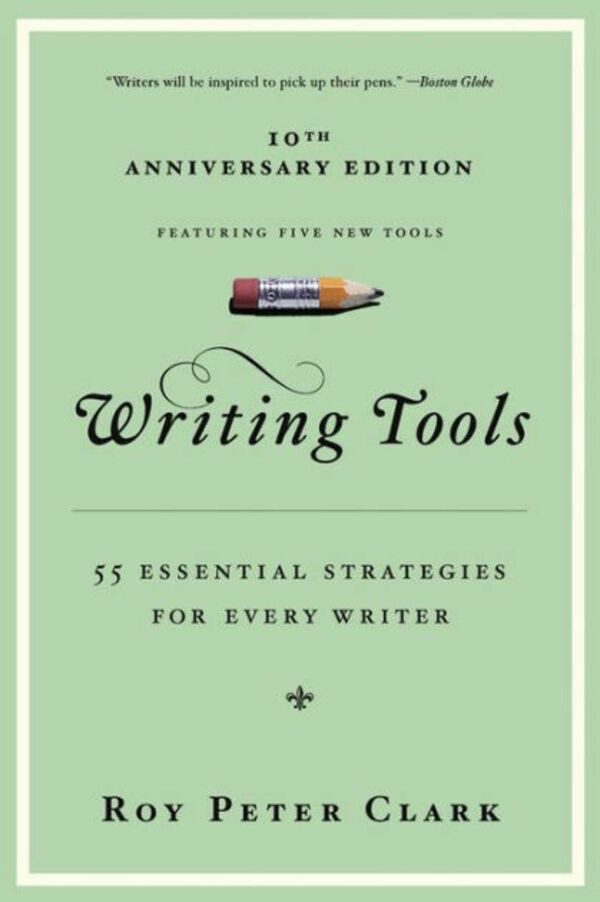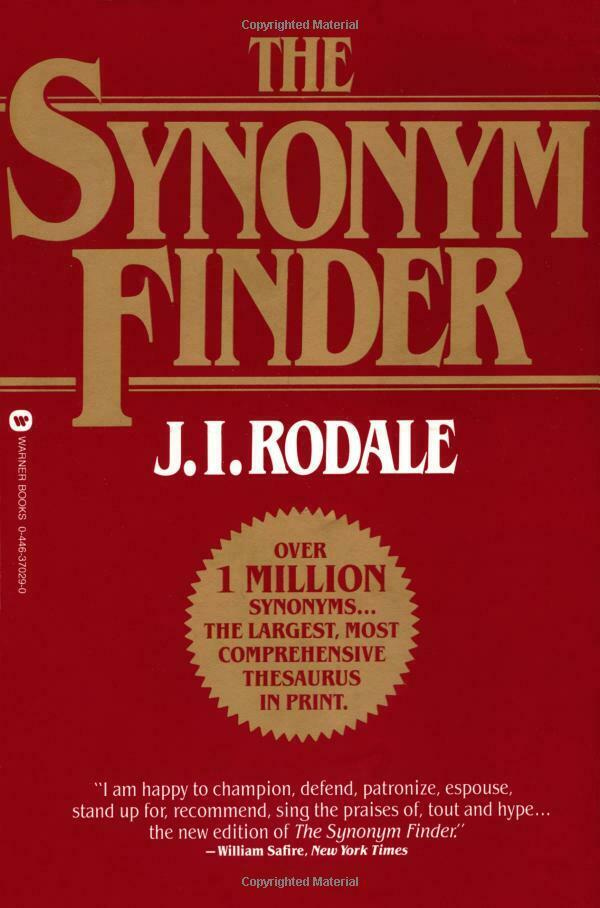Book Freak #39: How To Make a Checklist that Works

Short pieces of advice from books
Book Freak is a weekly newsletter with short pieces of advice from books. Subscribe here.
Atul Gawande is a MacArthur Fellow, a general surgeon at the Brigham and Women’s Hospital in Boston, a staff writer for The New Yorker, and an assistant professor at Harvard Medical School and the Harvard School of Public Health.
Here are four pieces of advice from his book, The Checklist Manifesto.
Decide on the kind of checklist you need
“You must decide whether you want a DO-CONFIRM checklist or a READ-DO checklist. With a DO-CONFIRM checklist, he said, team members perform their jobs from memory and experience, often separately. But then they stop. They pause to run the checklist and confirm that everything that was supposed to be done was done. With a READ-DO checklist, on the other hand, people carry out the tasks as they check them off—it’s more like a recipe. So for any new checklist created from scratch, you have to pick the type that makes the most sense for the situation.”
Use checklists to check for competence
“Listening to the radio, I heard the story behind rocker David Lee Roth’s notorious insistence that Van Halen’s contracts with concert promoters contain a clause specifying that a bowl of M&M’s has to be provided backstage, but with every single brown candy removed, upon pain of forfeiture of the show, with full compensation to the band. And at least once, Van Halen followed through, peremptorily canceling a show in Colorado when Roth found some brown M&M’s in his dressing room. This turned out to be, however, not another example of the insane demands of power-mad celebrities but an ingenious ruse. As Roth explained in his memoir, Crazy from the Heat, “Van Halen was the first band to take huge productions into tertiary, third-level markets. We’d pull up with nine eighteen-wheeler trucks, full of gear, where the standard was three trucks, max. And there were many, many technical errors—whether it was the girders couldn’t support the weight, or the flooring would sink in, or the doors weren’t big enough to move the gear through. The contract rider read like a version of the Chinese Yellow Pages because there was so much equipment, and so many human beings to make it function.” So just as a little test, buried somewhere in the middle of the rider, would be article 126, the no-brown-M&M’s clause. “When I would walk backstage, if I saw a brown M&M in that bowl,” he wrote, “well, we’d line-check the entire production. Guaranteed you’re going to arrive at a technical error.… Guaranteed you’d run into a problem.” These weren’t trifles, the radio story pointed out. The mistakes could be life-threatening. In Colorado, the band found the local promoters had failed to read the weight requirements and the staging would have fallen through the arena floor.”
Use checklists to enhance your expertise
“Under conditions of complexity, not only are checklists a help, they are required for success. There must always be room for judgment, but judgment aided—and even enhanced—by procedure.”
Use checklists to ensure completeness
“Faulty memory and distraction are a particular danger in what engineers call all-or-none processes: whether running to the store to buy ingredients for a cake, preparing an airplane for takeoff, or evaluating a sick person in the hospital, if you miss just one key thing, you might as well not have made the effort at all.”
Book Freak is one our five newsletters from Cool Tools Lab (our other four are the Cool Tools Newsletter, Recomendo, Gareth’s Tips, Tools, and Shop Tales, and What’s in my bag?).
02/25/20








